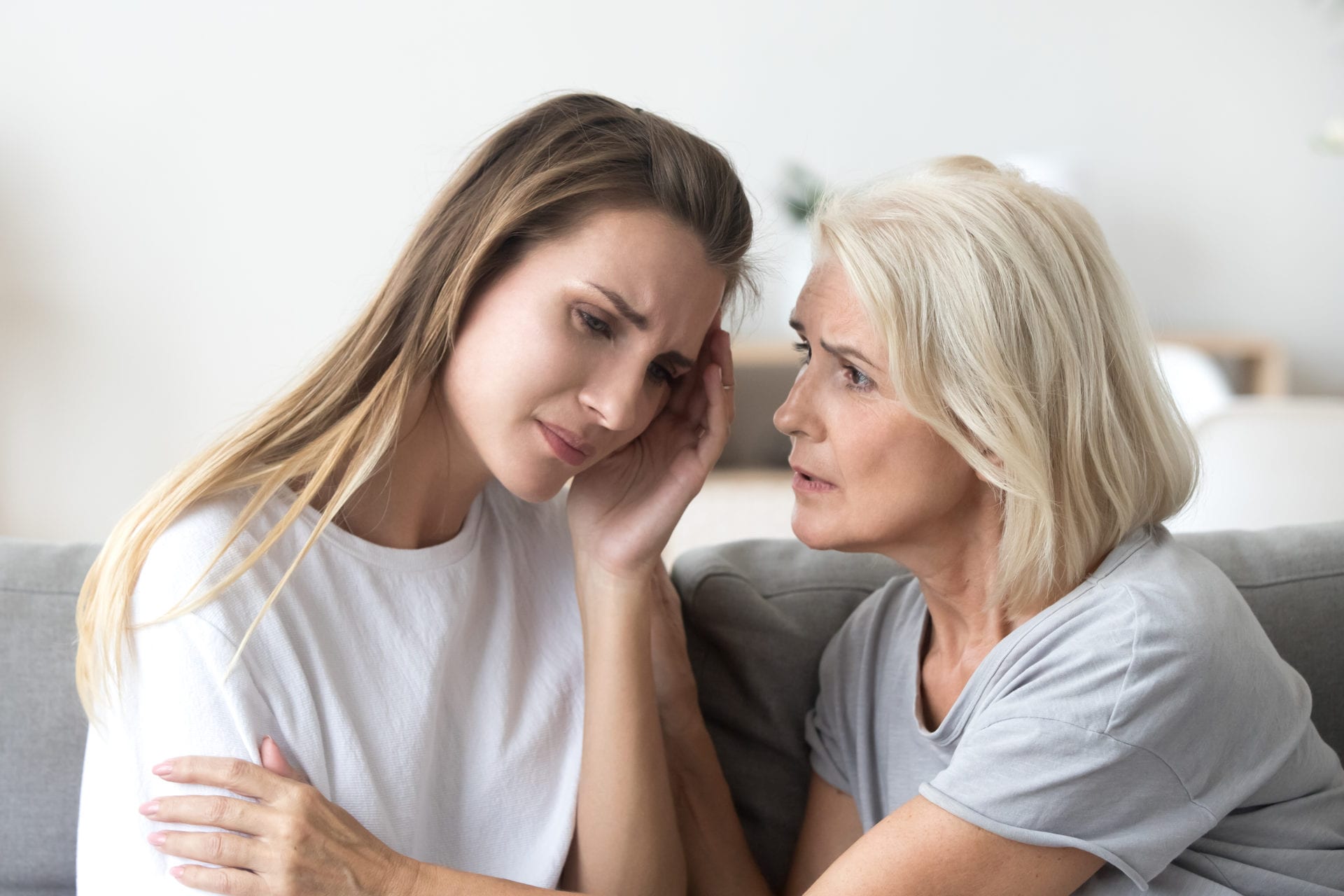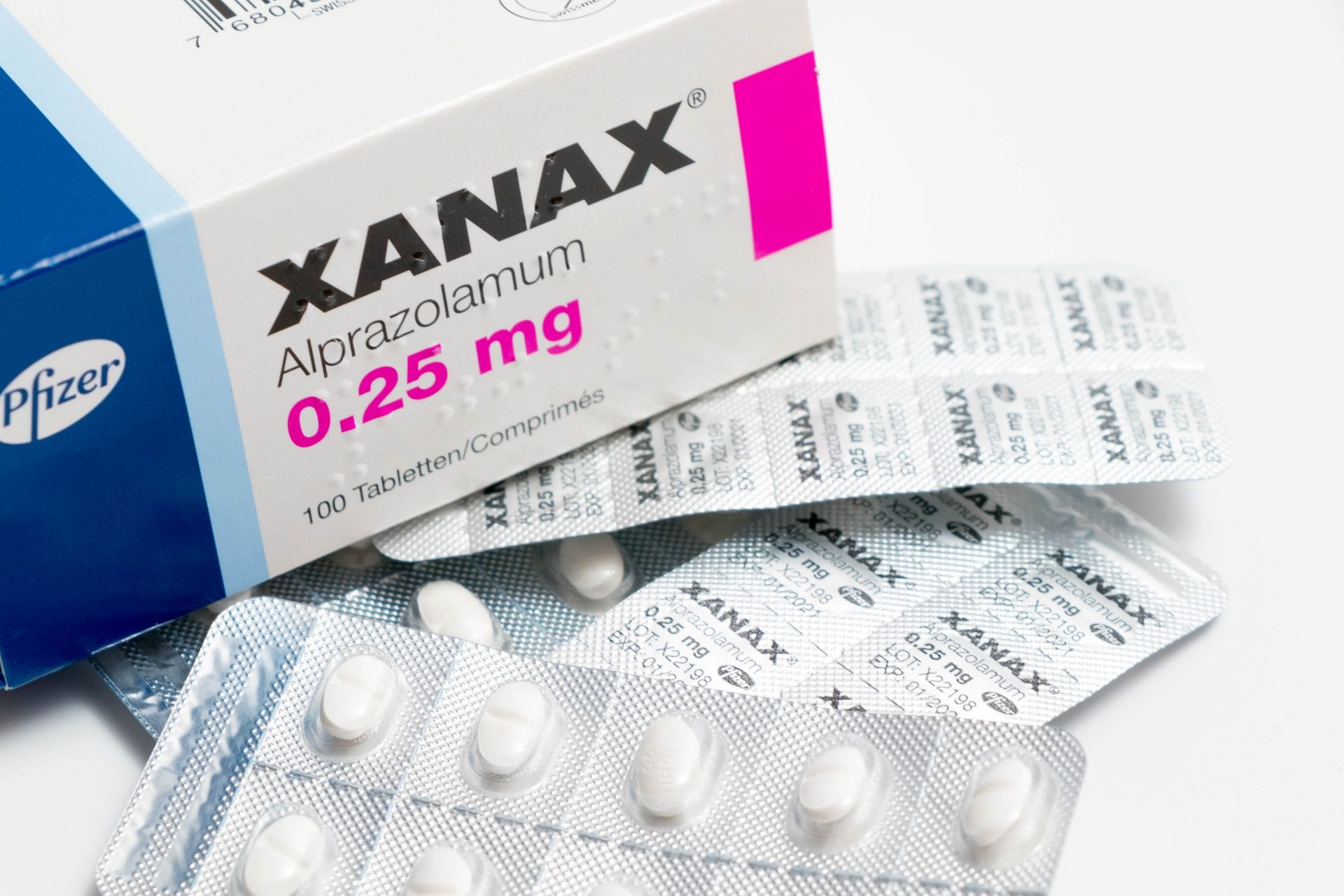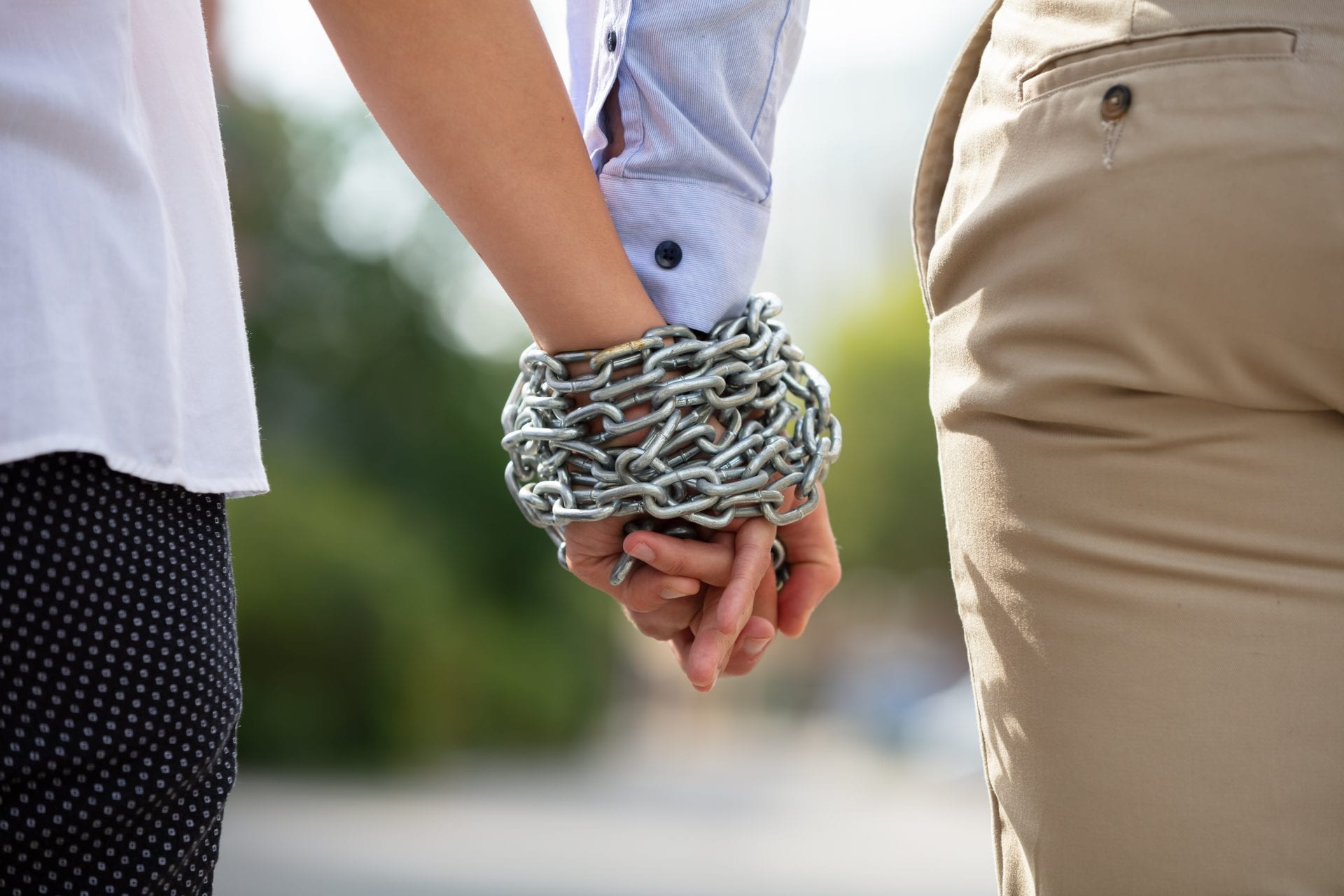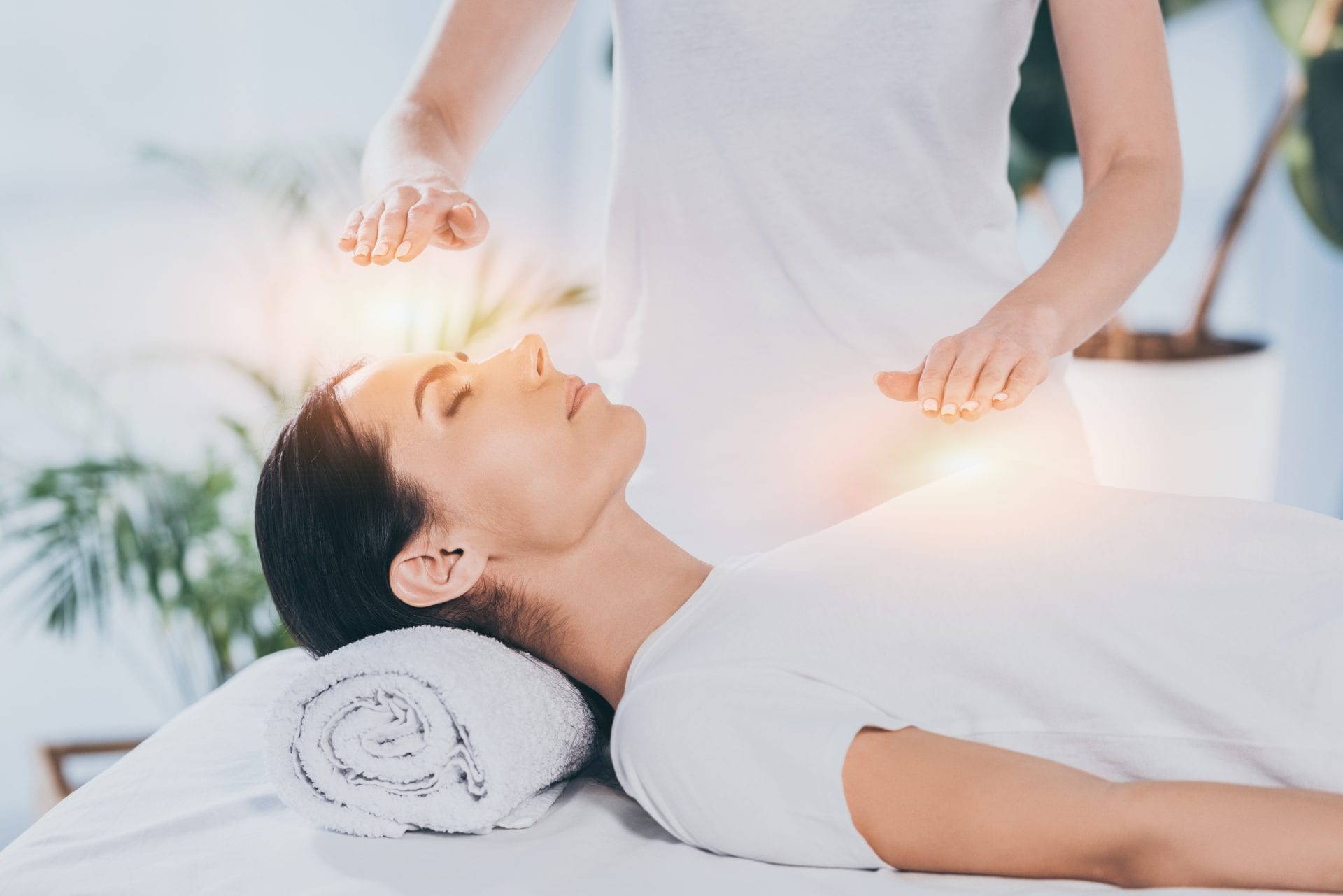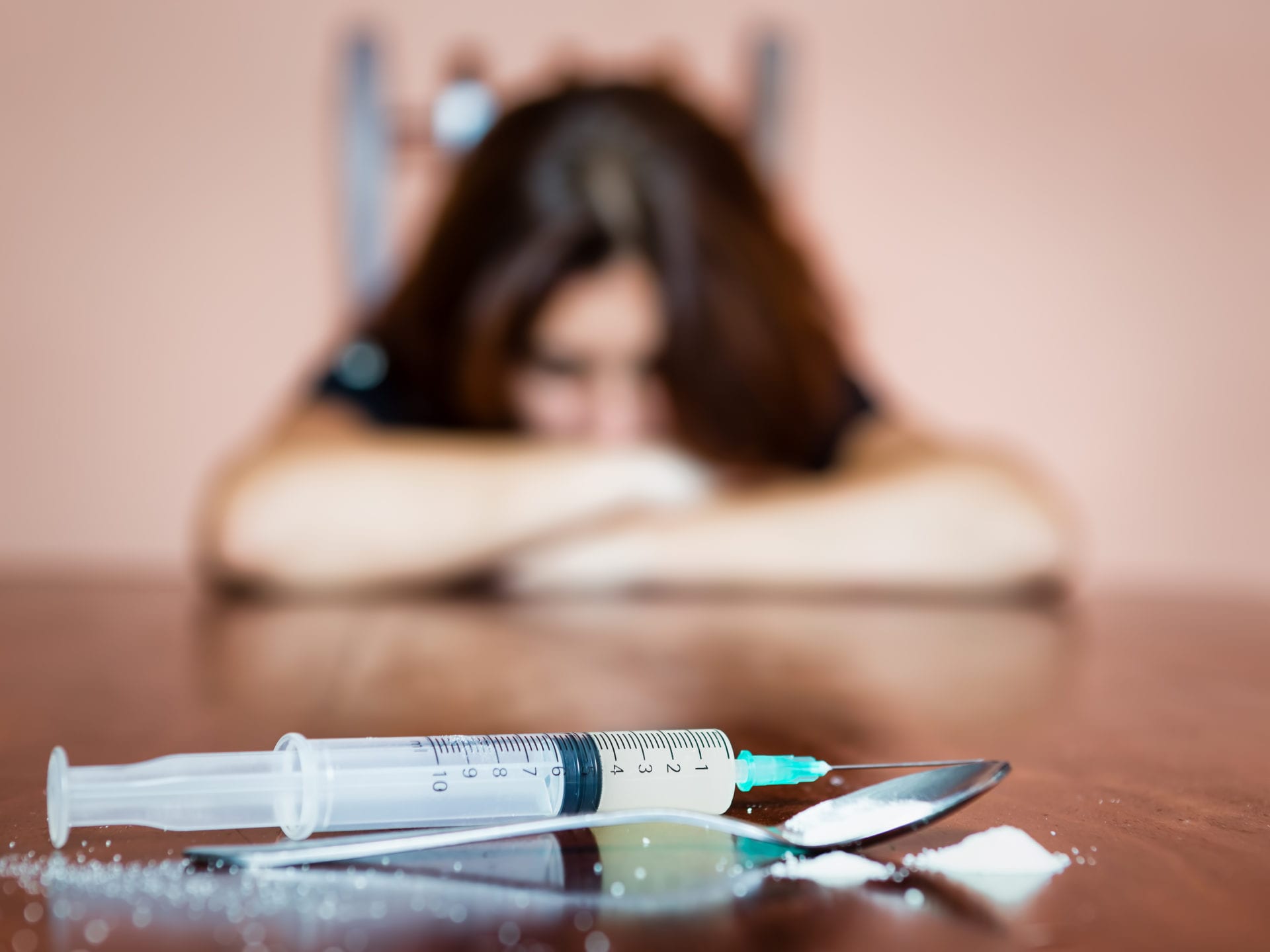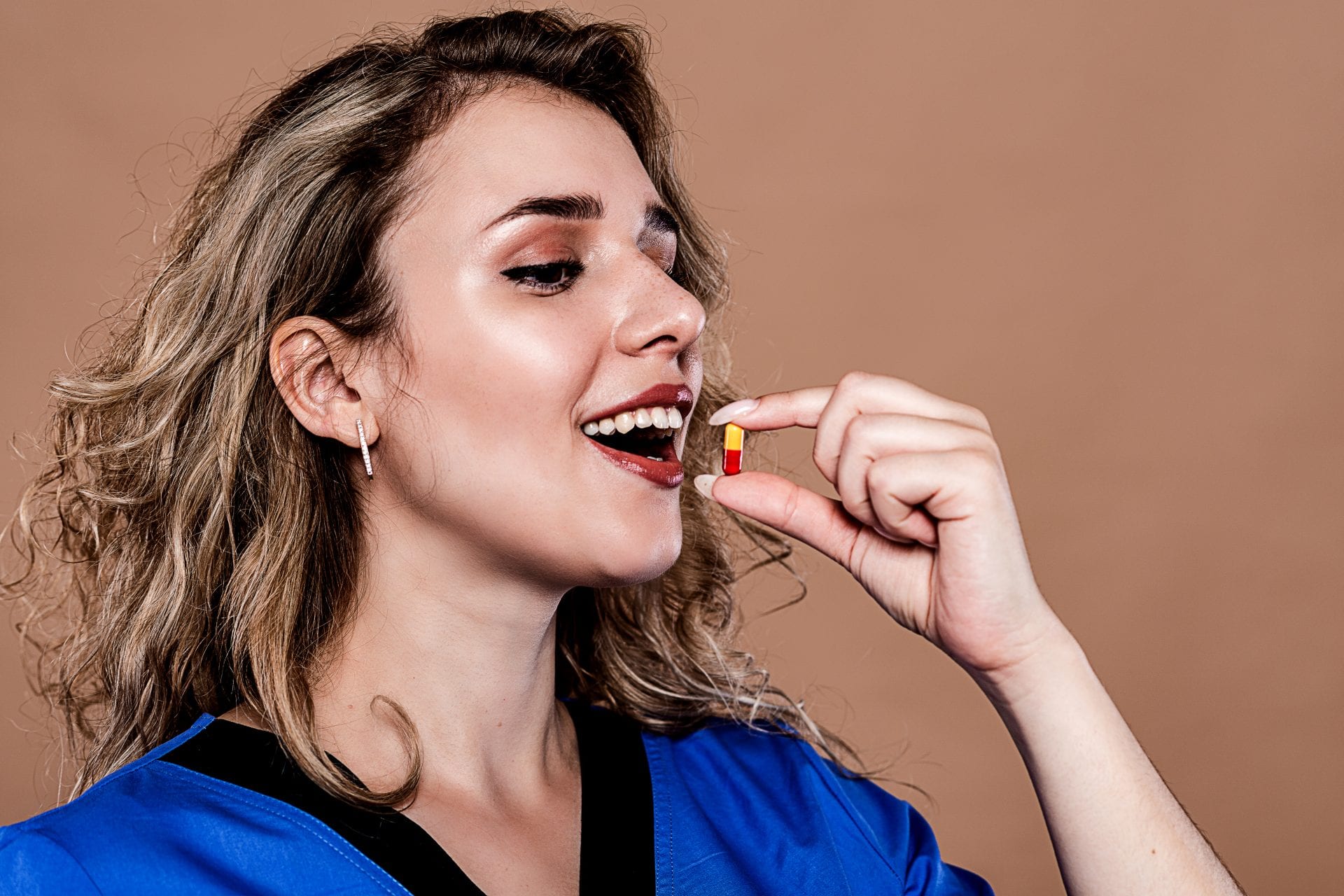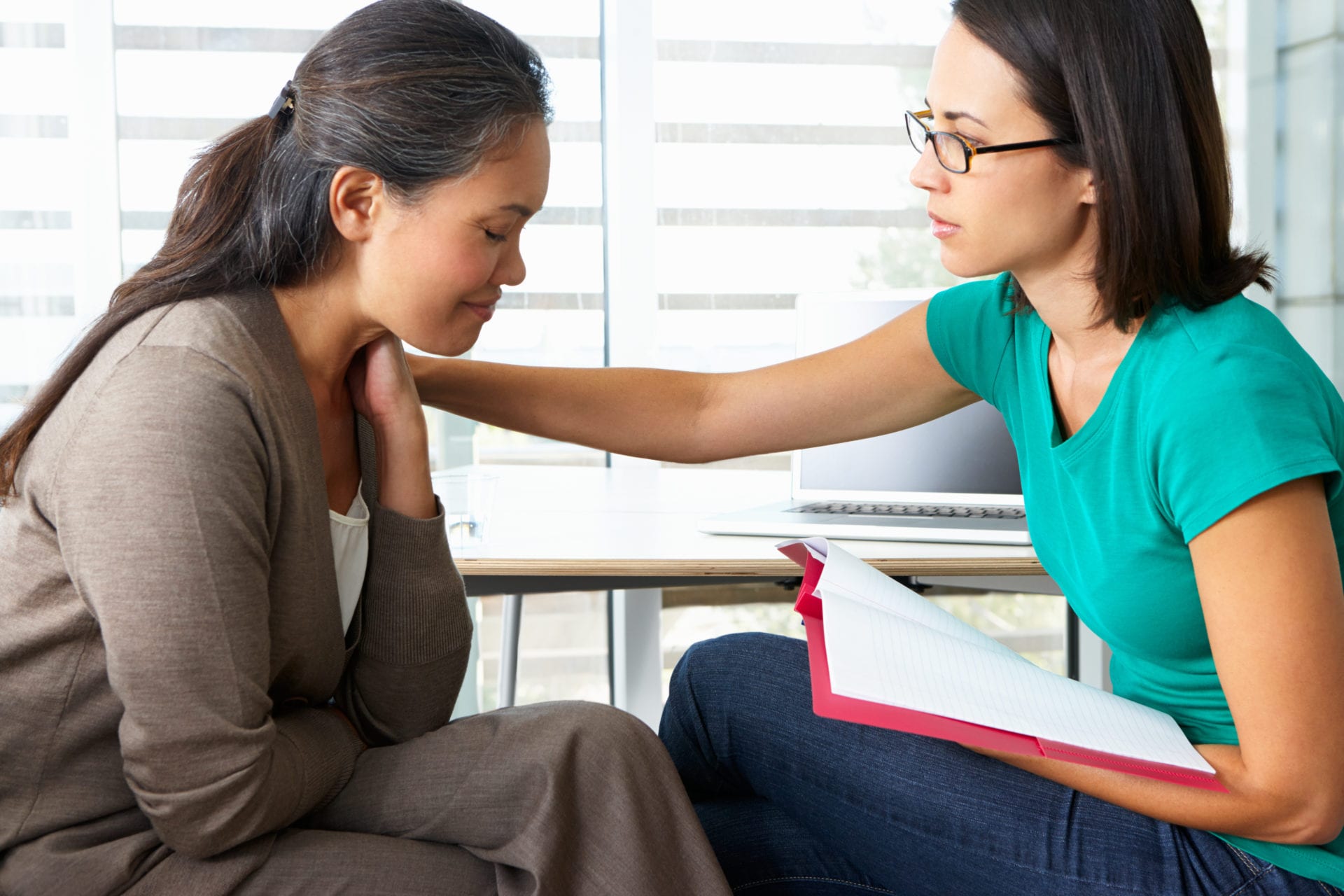Are you currently struggling with an addiction? Are you thinking about pursuing addiction treatment but are unsure if you can commit to inpatient treatment. Or perhaps you’ve completed inpatient treatment and are looking to continue treatment.
Do you live in Orange County, CA or would like the opportunity to live there for a bit? If you answered yes to the questions above, you would likely benefit from an IOP in Orange County, CA.
Congratulations! Deciding to seek treatment for addiction is a big step to take in life. The next big step to take after you’ve decided you’d like to get (or continue) help is finding an addiction treatment program that works for you.This depends on a lot of factors, including affordability, location, and availability.
One of the biggest barriers addicts face when getting treatment is being available, and it is more apparent when it comes to women. A study showed that more women are less likely to complete a treatment program because of familial responsibilities.
This hindrance prevents women from wanting to complete residential inpatient treatment. However, with IOP’s, more women can strike a balance between their daily responsibilities and treating their addiction.
What Does IOP Stand for in Addiction Treatment?
IOP stands for intensive outpatient program. An intensive outpatient program is an addiction treatment program that allows clients to carry out their daily activities and still receive intensive addiction treatment.
An IOP is different from an outpatient program, although both don’t require the client to stay onsite at the facility 24/7. Regular outpatient treatment is usually considered one of the last steps of addiction treatment.
In most situations, an IOP (intensive outpatient program) is used as a step down from inpatient treatment. It can also be used to treat milder addictions for people who cannot commit to an extended stay inpatient rehab. For those who are the sole caretaker of a child or have professional commitments that can’t be put on pause, an IOP is a great treatment option.
There are certain requirements a client must meet before they are allowed to be in an intensive outpatient program.
These requirements include:
- A safe home life without the presence of drugs
- A strong support network of friends and family
If the client does not have a supportive and safe environment at home, residing in a sober living home is a great option. If a client is exposed to substances when they return home from treatment or a volatile home, they have the potential to relapse and not stay sober.
When someone attends an IOP, they receive similar treatment as they would in an inpatient rehab. Some examples of programs and therapies offered an an IOP are:
- Group therapy sessions
- Individual therapy sessions
- 12-step programs
- Support groups
- Alternative therapy sessions involving yoga, music, art, or equine therapy
Why You Should Go to an IOP Orange County, Ca
Why choose an IOP in Orange County, CA? Orange County is a great place to relax and more importantly, heal. Home to several picturesque beaches and treatment centers, Orange County is a top spot for intensive outpatient programs. You can enjoy the delights that Orange County offers while also getting intensive addiction treatment.
Anchored Tides Recovery: The Best Intensive Outpatient Treatment Center for Women
Anchored Tides Recovery is one of the top outpatient addiction treatment centers for women in Orange County, CA. We offer many treatment programs, including women’s partial hospitalization program, intensive outpatient, outpatient, and an aftercare planning.
Our treatment approach incorporates evidence-based addiction treatment and dual diagnosis modalities while incorporating a program geared toward the issues women face. In addition to our numerous treatment programs, we provide a highly serene and conducive environment for healing.
Reach out to us today for help with your addiction!


